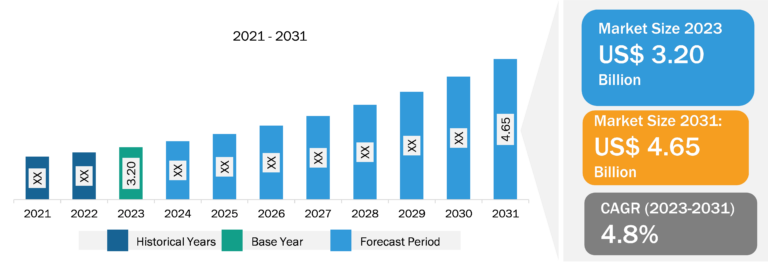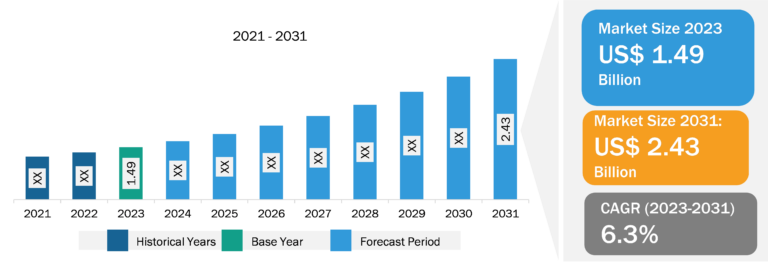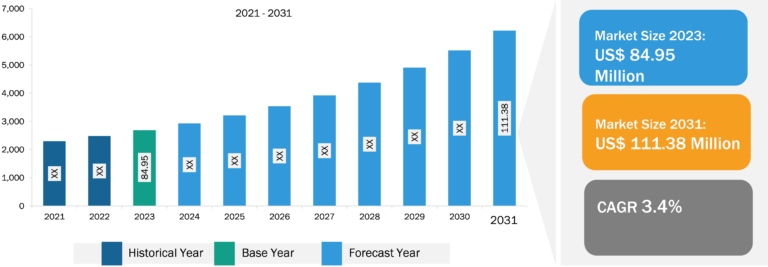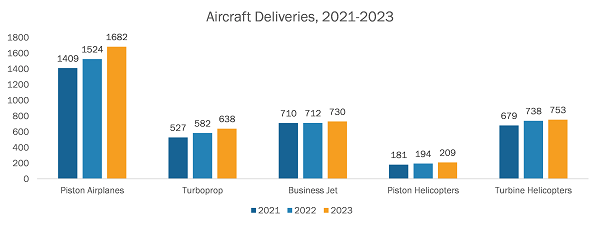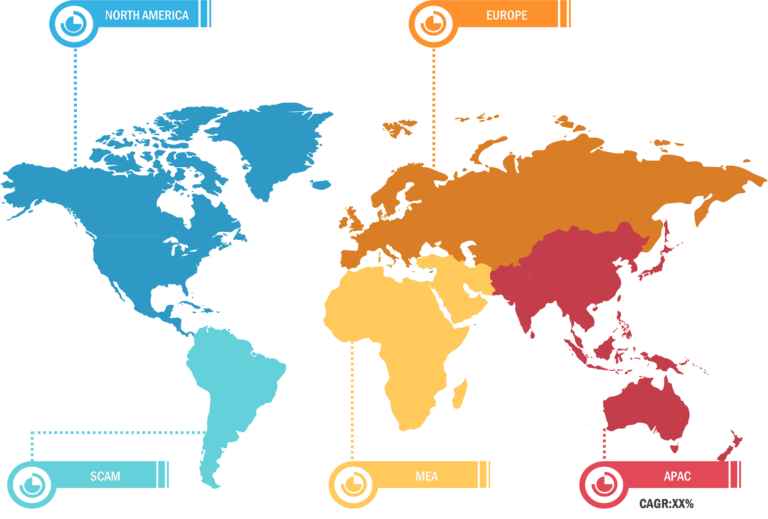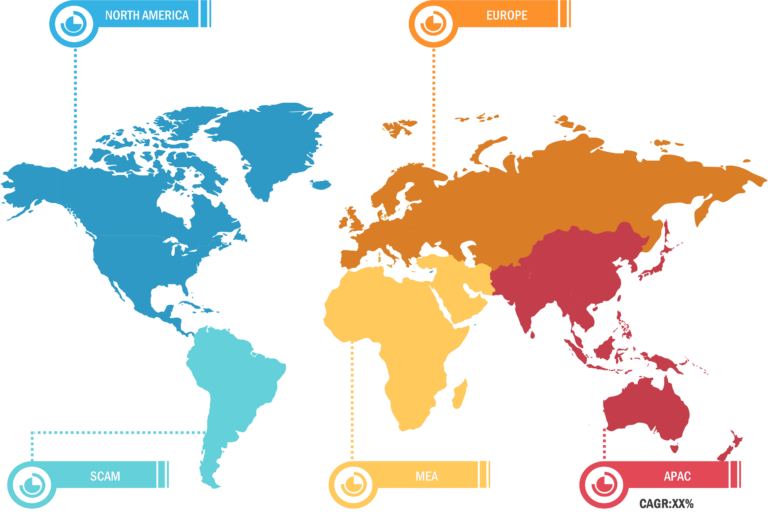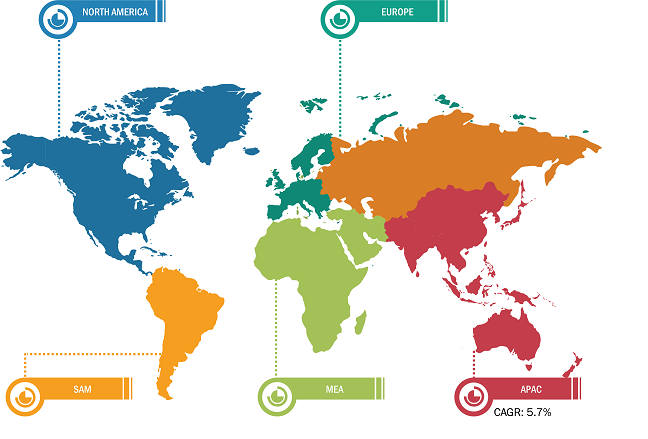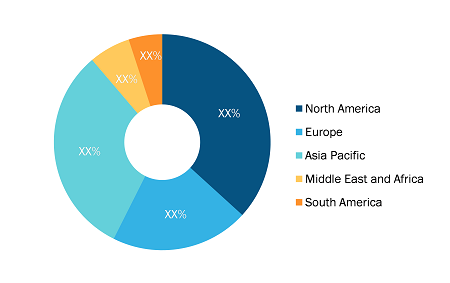
HVAC System Market
The HVAC system market size is segmented into five major regions—North America, Europe, Asia Pacific (APAC), the Middle East and Africa (MEA), and South America (SAM). Being home to several industries focusing on decreasing energy consumption and lowering carbon footprint, Europe is pioneering advanced HVAC system adoption. Europe has been at the forefront in fighting global warming, and several regulations have been framed to tackle the same. Reducing energy consumption of residential and commercial buildings is also gaining importance in the region. Such factors collectively promote the HVAC system market growth.
North America accounted for the largest global HVAC system market share in 2023. It is the most technologically advanced region, with major economies such as the US, Canada, and Mexico. The growth in the construction industry in the US is positively impacting the HVAC system market growth in the region. The country has witnessed rising activity in the industrial sector, comprising manufacturing facilities, and other institutional and industrial facilities, which have been driving the market demand for HVAC systems. The federal government is progressively regulating hydrofluorocarbon consumption, and HVAC system market players in the US are continually responding to this. Up to 50% of the R410A refrigerant, which is known to be utilized in contemporary HVAC systems in the US, is made up of hydrofluorocarbons such as R-32. R-32 is the best choice as it offers energy efficiency, high thermal conductivity, and low toxicity. In December 2021, Daikin launched its first R-32 System in the US. R-32 is an optimal low global warming potential (GWP) substitute for R310A for many important residential, light commercial, and applied products in North America. Such advancements from major players in the market are driving the HVAC system market growth across North America.

HVAC System Market Analysis: Type Overview
Based on type, the HVAC system market is segmented into split system, ductless system, and packaged system. Ductless system can be used in a variety of residential settings. The most frequent usage is in multifamily buildings or as a retrofit addition to premises that already has non-ducted heating systems such as hydronic, radiant panels, and space heaters. Split HVAC system is divided into two independent components, one of which serves as a heating unit and the other as a cooling unit, as the name would imply. It is emphasized that these systems have distinguishable indoor and outdoor units. These HVAC items have an exterior cooling system with coils, compressors, and refrigerants to chill the air and a fan to exhaust hot air. These are essentially air conditioning units that are maintained outside of homes and used in the summer season. A furnace and an air conditioner are part of a typical HVAC setup, whereas a furnace and a heat pump are part of a hybrid split system. Due to its capacity to switch between oil and gas depending on price, a hybrid split system is energy efficient. In terms of HVAC system market share, split system dominates the HVAC industry.
HVAC System Market: Competitive Landscape and Key Developments
Daikin Industries, Ltd.; Emerson Electric Co.; Rheem Manufacturing Company; Honeywell International Ltd.; Johnson Controls International plc; LG Electronics, Inc.; EVAPCO; Lennox International; Carrier AG and Trane Technologies, Inc. are among the key HVAC system market players profiled during this study. In addition, several other important HVAC system market players have been studied and analyzed during the study to get a holistic view of the HVAC system market and its ecosystem.
- In 2022, DAIKIN announced the expansion of its new heat pump heating factory in Poland. The company announced an investment of around US$ 300 million toward the factory. The new production base will start operations in July 2024 to meet the rapidly increasing demand for heat pumps in Europe.
- In 2021, Johnson Controls announced a program in partnership with Fundient Capital LLC. The Ultimate Home Comfort is a 10-year residential HVAC program that provides homeowners with highly efficient heating and cooling options. The program is being offered through the YORK brand of Johnson Controls.

